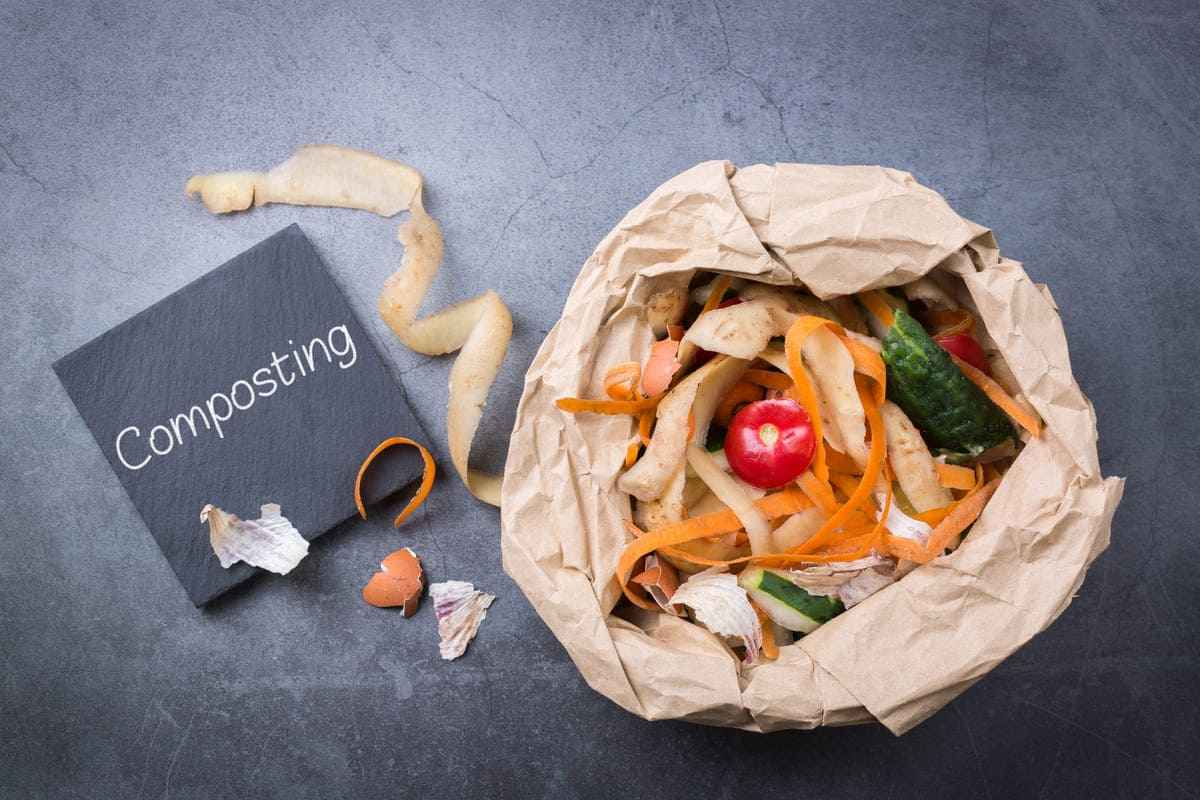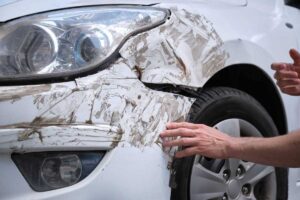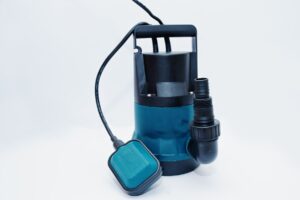Recycling waste: Know the types and their importance
The recycling waste material (solid, liquid or gas) that is separated or mixed with other materials during the extraction, transformation, production and/or consumption and disposal decision of these materials is understood.
Today, the recycling waste has become the solution to an environmental problem and its proper management. On the other hand, it has become an economic priority to resolve any shortage. All developed and underdeveloped countries generate large amounts of waste from trade and human consumption, so we must make the most of it.
In today’s global economy, based on market expansion, the creation of artificial consumer demand and the production of short-lived products, educational models rarely focus on training young professionals. All of this leads to waste, which leads to resource depletion and waste accumulation.
Types of waste
Before proceeding with the separation of waste, it is necessary to know the types of waste in order to carry out efficient waste recycling, of which we can mention two types (non-specific and specific):
1. Waste (Non-specific)
They are made of disposable material, clothing, gloves and masks, adhesive tapes containing blood, secretions, containers or single-use containers for urine, empty drainage containers, empty bags containing blood or other biological fluid, dialysis filter, plaster, usually anything other than dirt or debris that has absorbed the biological fluid.
2. Waste (specific)
This waste, either because it is infectious or because it poses a cognitive or psychological risk, requires differential management. That is, the recycling waste cannot be done lightly.
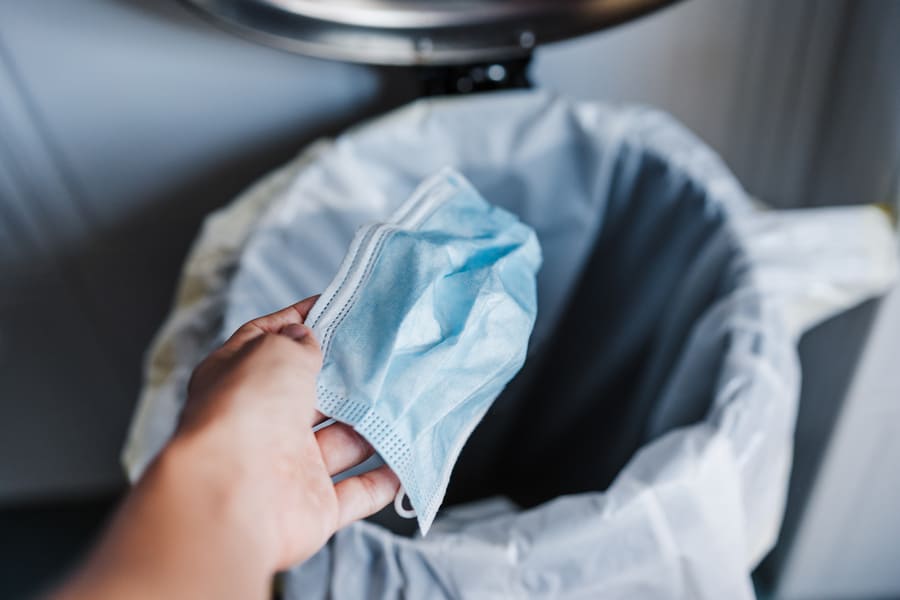
- Infectious waste from a patient with any infectious disease.
- Cultivation and storage of biological agents that can cause diseases in humans and animals.
- Vaccines with attenuated active ingredients and their vials. Sharp debris such as scalpels, hypodermic needles, suture needles, capillaries, slides, cardboard, and any other debris can be pathogenic.
- Blood and blood products, pleural fluid, peritoneal fluid and other biological fluids, excluding urine.
- Waste from infectious animals or animals vaccinated with infectious agents cause disease outbreaks.
Importance of waste recycling
Before knowing how to recycle waste in Mesa Arizona? It is necessary to know the importance of recycling waste. From an environmental and public health perspective, the proper management of waste at different stages after its generation can minimize negative pressures on the environment, health and resources.
The reuse and recycling of materials is essential to reduce pressure on ecosystems and other resources from which the materials are derived. At the same time, less energy and water are used for extraction and treatment, and less space is needed to dispose of the final waste.
The recycling waste aims to convert certain materials that make up waste, mainly paper and cardboard, glass, some metals and plastics, into materials that can be reused in the manufacturing process.
From a waste management point of view, recycling has the advantage that it reduces the amount of material that has to be collected, transported and disposed of in the right place. Updating waste prices also reduces the consumption of raw materials, electricity, water, and other inputs needed to extract and process new materials.
How to separate waste at home?
You know how to separate waste at home? As you can see, there are several types of waste. Not everything is recyclable, so it is necessary to separate household waste. At home, we can separate the following waste for further treatment or recycling:
Cover and Paper: Labels, magazines, brochures, notebooks, cereal boxes, kitchen paper, vacuum bags, newspapers, food waste-free napkins, cartons, paper bags.
Glass: Bottles, jars, flat glass, jars, jars, glasses. Plastics: Bottles, jars, caps, containers, tubes, cups. Metal: aluminum cans, trays and plates, lids, preserves, sheets and bags, tubes.
Organic waste: Mainly animal or vegetable waste, tree branches, egg shells, flowers, feathers will be used to make compost, clothes.
Non-recyclable garbage: Toys, personal care items, ceramics, crystals, cotton, mirrors, diapers, vacuum bags, four bricks, plastic bags, cellophane and more. ). Special attention must be paid to toxic waste: medicines, deodorants, aerosols, oils, mobile phones, batteries, accumulators.
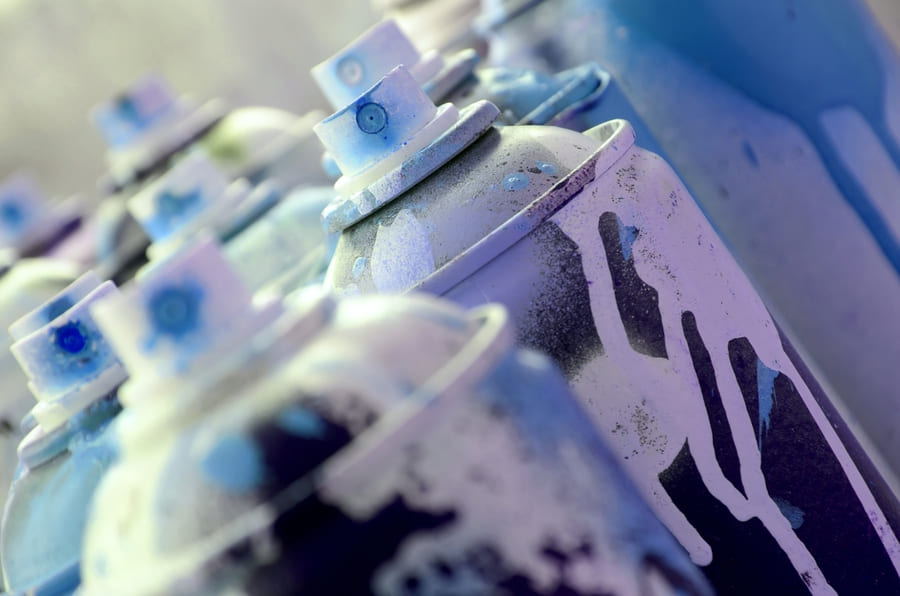
It is important that you hire which company in Arizona may have places where the recycling waste. Since each residue has specific processes.
How to Recycle Waste in Mesa, Arizona
The waste recycling in Arizona is distinguished into four main categories of solid waste: industrial, agricultural, commercial and domestic. The environment must dispose of them properly to reduce their damage to the environment.
- The first is the identification and classification of solid waste from the garbage. In solid waste, it separates organic objects from inorganic ones.
- After sorting, the organic solid waste is used to make compost or as fertilizer for crops.
- It classifies inorganic waste by its material, be it glass, plastic, metal or cardboard.
You can take the waste to a recycling center or specialized facility, where it will be recycled for reuse. In Arizona, there are colored containers for this waste.
Waste not intended for ecological purposes is sent to a controlled landfill for proper disposal and to avoid contamination, and will be collected by the municipal cleaning services.
Finally, the recycling waste is possible to send them to incineration plants, where they are treated with special heating systems and incinerators to prevent the emission of harmful gases and pollution.
Waste Recycling in Arizona
Junior Recycling is a company specialized in recycling waste in Arizona. If you live within city limits or even in some rural areas outside
Connect with us for more information. We have vast experience in recycling waste. You can even recycle more hazardous waste like: kerosene, gasoline, lubricants, rust removers, pool chemicals, herbicides, fertilizers, pesticides, furniture polish, oven cleaners, toilet bowl cleaners, drain cleaners, paints, solvents, batteries, used oils/filters, and brake or gear oils.
At Junior Recycling we help you in the recycling waste. We invite you to learn more about our recycling services in Arizona. Rely on a company with professional quality. Let’s work together to take care of our environment. Contact us now.

